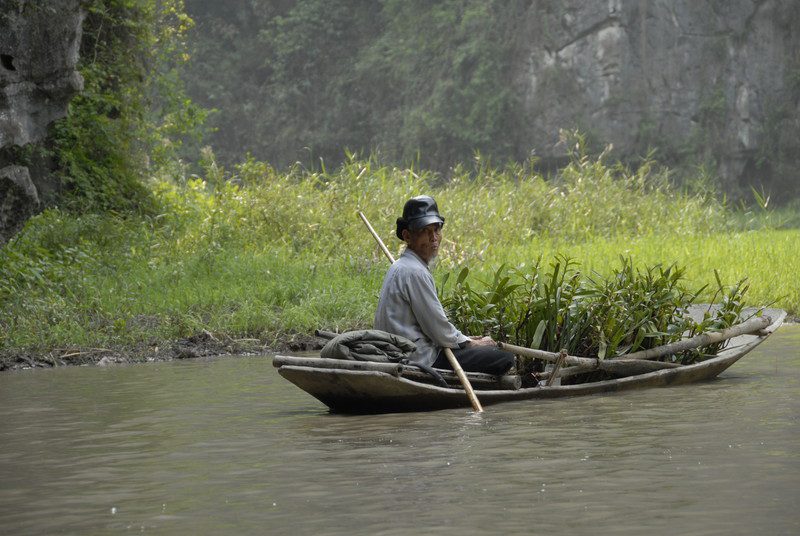Yali Falls Dam
Construction on the Yali Falls Dam began in 1993. The dam is on the Sesan River in Vietnam, and sits just 80km upstream from Cambodia.
More than 8,500 people in Vietnam were relocated to make way for the dam, mostly from ethnic minority groups. Research shows that relocated people were not fairly compensated for their hardship, receiving inadequate land, housing and sanitation services. This triggered a decline in living standards, health and wellbeing for this population that persists today.
People living downstream of the dam face a different set of challenges. Communities reported that water flows were instantly altered, making farming and fishing along the river banks extremely dangerous. From 1999 to 2001 flash floods killed at least 39 people and valuable livestock and destroyed vegetable and rice gardens.
And Yali Falls Dam continues to threaten the security of this area. In 2009, people living along the Sesan experienced unprecedented floods, caused by large amounts of water released from the dam. On both occasions communities living along the river received no warning. Lives, livestock, homes, village and valuable harvests were lost.
Radio Free Asia has produced a video about the downstream dangers of the Yali Falls Dam, as part of their multimedia feature Mekong Diaires.
What we’re doing
Oxfam Australia has been working in the Mekong region for more than 20 years. We support a network of local and non-government organisations across the six countries in the region, linking grassroots village work with international and regional organisations.
We’re ensuring that communities are included in major development decisions that affect their environment and their access to the Mekong’s vital resources.
We’re especially concerned with assessing the impacts of development on women and ethnic minorities. We’re seeking to influence the drivers of this development, including development banks, donor governments and the private sector.
Find out more
- Read more about how we’re monitoring development in the Mekong
- Read some of the recent media reports about development in the Mekong
